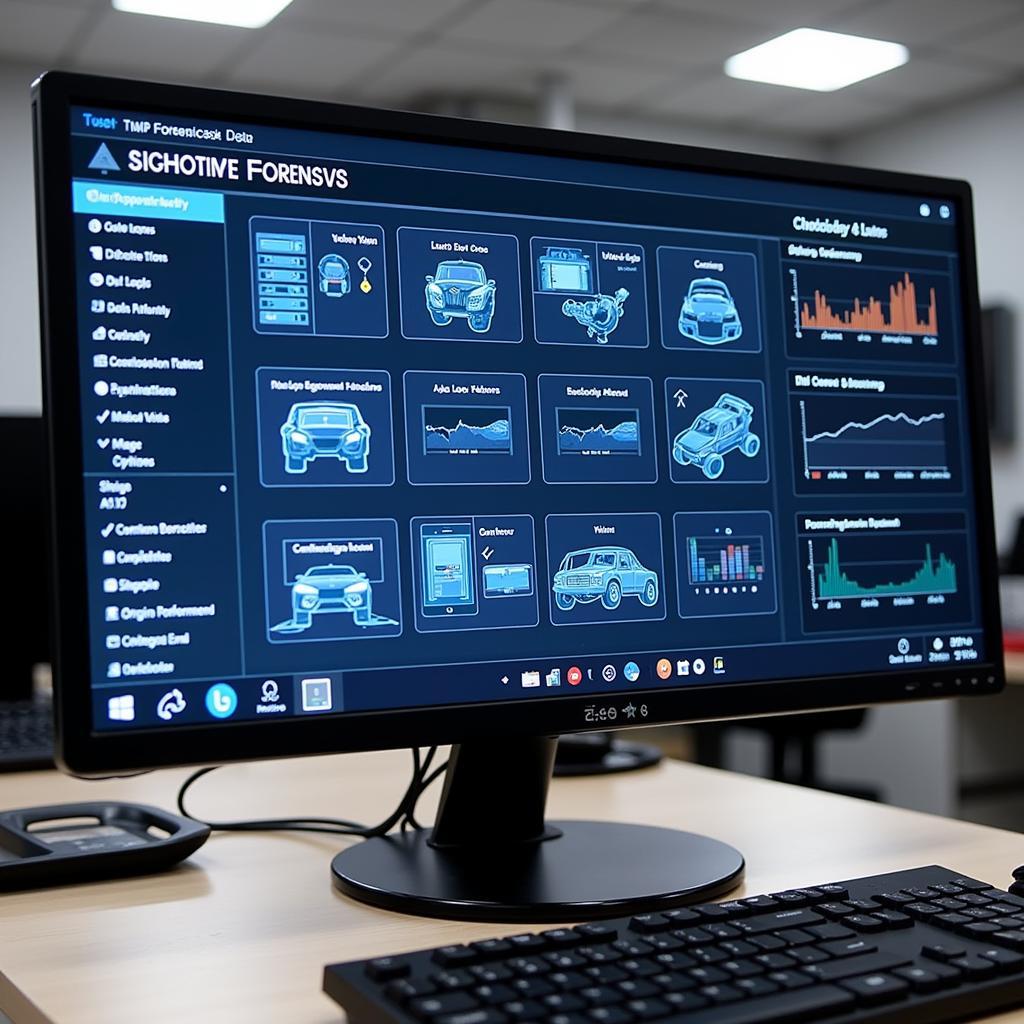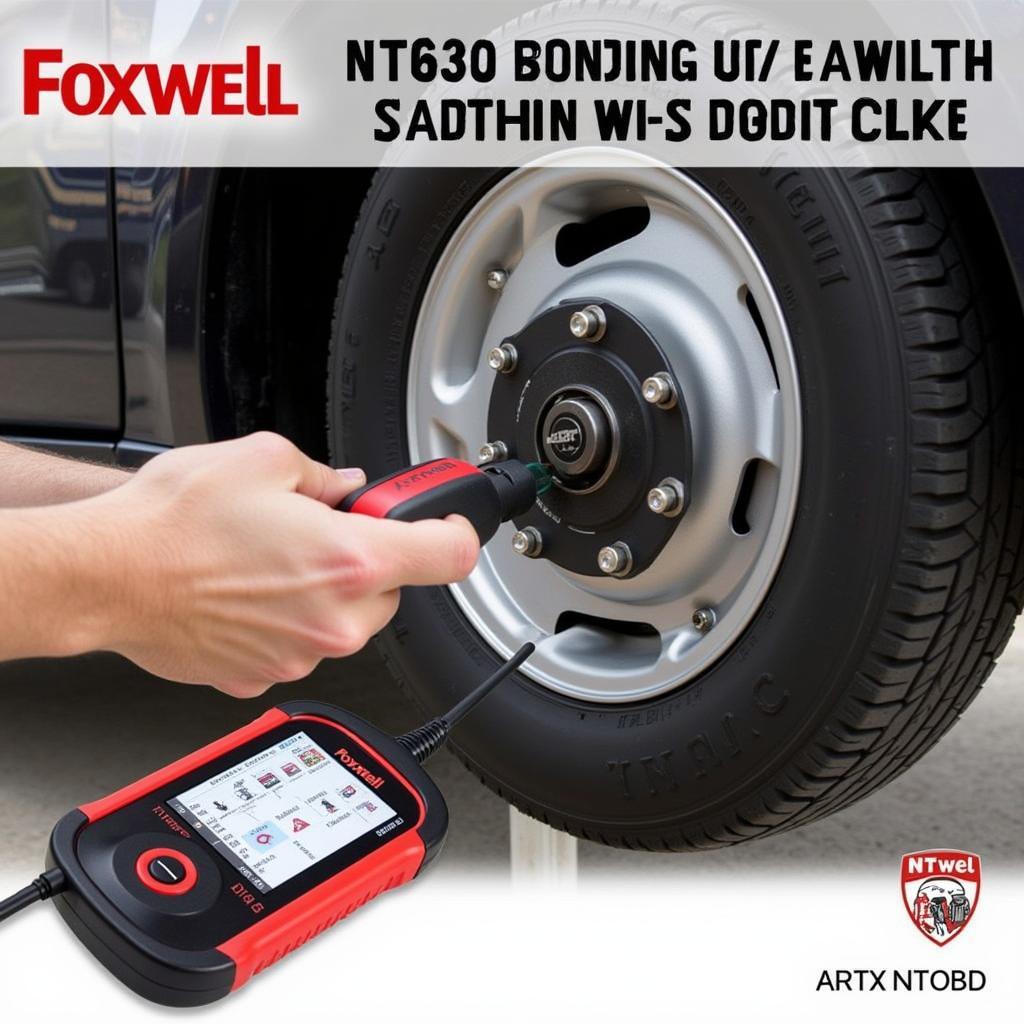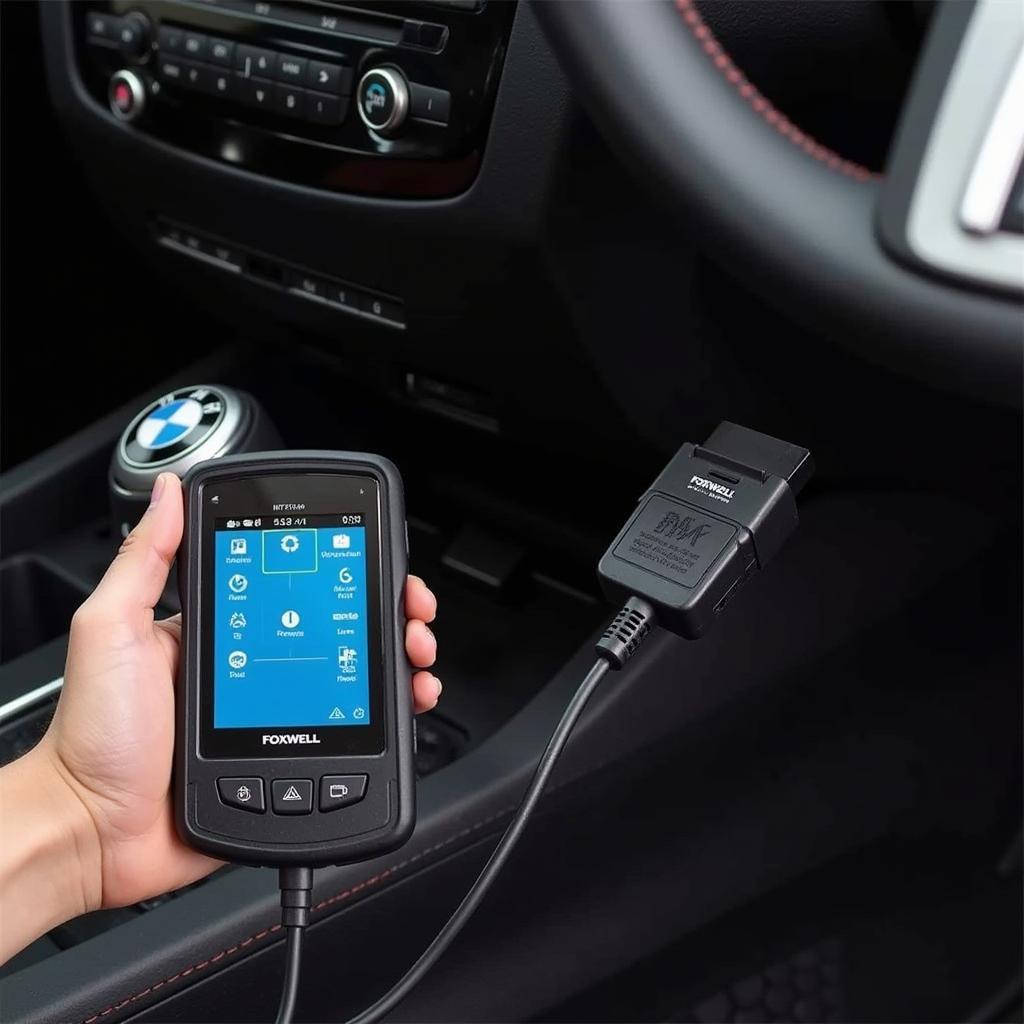The case of Thomas Leggs Jr. and Sarah Foxwell remains a chilling reminder of the vulnerabilities children face. While the details of the crime are readily available online, this article aims to delve into the role of automotive forensics, highlighting how crucial evidence from vehicles can be in solving such horrific crimes. Although we won’t be discussing the specifics of the Leggs and Foxwell case, understanding the potential of automotive forensics can shed light on the importance of thorough investigations.
true crime daily sarah foxwell
The Unseen Witnesses: How Vehicles Aid Criminal Investigations
Often, vehicles used in criminal activity become silent witnesses, harboring a treasure trove of information invisible to the naked eye. Tire tracks, paint chips, DNA traces on the steering wheel, or even the tiniest electronic footprints within a vehicle’s computer system can provide invaluable clues.
Digital Detectives: The Rise of Automotive Software in Solving Crimes
Modern vehicles are essentially computers on wheels. This intricate network of software and sensors constantly records data, often without the driver’s knowledge. Engine control modules can reveal the vehicle’s speed, location history, and even braking patterns, which can be crucial in reconstructing the events leading up to a crime.
 Analyzing Vehicle Data
Analyzing Vehicle Data
For instance, imagine a scenario where a suspect claims they were never at the crime scene. Data extracted from their car’s GPS system could definitively place them at the location, directly contradicting their alibi and strengthening the prosecution’s case.
Beyond the Hardware: The Role of Specialized Software and Tools
Extracting and interpreting the data hidden within a vehicle’s electronic systems requires specialized software and equipment. These tools allow investigators to access and analyze data from engine control modules, infotainment systems, and even tire pressure monitoring systems, providing a comprehensive picture of the vehicle’s history and usage.
Think of it like this: if a car’s computer system is a locked vault, then forensic software and tools are the keys that allow investigators to unlock vital clues. These tools are becoming increasingly sophisticated, allowing for the retrieval of data that was once thought to be irretrievable.
 Forensic Software Interface
Forensic Software Interface
“In today’s world, where technology is deeply intertwined with our lives, it’s not surprising that criminals would unknowingly leave digital trails within their vehicles,” says Dr. Emily Carter, a leading expert in automotive forensics. “The information we can gather from these ‘digital witnesses’ is invaluable in bringing perpetrators to justice.”
The Future of Automotive Forensics: A Powerful Tool for Justice
As vehicles become more technologically advanced, so too will the field of automotive forensics. We can expect to see even more sophisticated software and tools, capable of extracting and analyzing even more data from vehicles. This will undoubtedly lead to more criminals being brought to justice and more families receiving the closure they deserve.
If you’re interested in learning more about automotive diagnostics and the tools used in this field, ScanToolUS offers a wide range of products and resources. Contact us at +1 (641) 206-8880 or visit our office at 1615 S Laramie Ave, Cicero, IL 60804, USA.
FAQs
- What types of data can be recovered from a vehicle’s computer system? Data such as speed, location, braking patterns, and even text messages can be recovered.
- Can data be recovered from damaged vehicles? Yes, in many cases, data can be recovered even from severely damaged vehicles.
- Is automotive forensic evidence admissible in court? Yes, if collected and analyzed properly, automotive forensic evidence is admissible in a court of law.
- How long can data be stored in a vehicle’s computer system? This varies depending on the vehicle and the system in question, but data can be stored for months or even years.
- What is the future of automotive forensics? The field is constantly evolving with new technologies and techniques being developed to extract and analyze even more data from vehicles.


